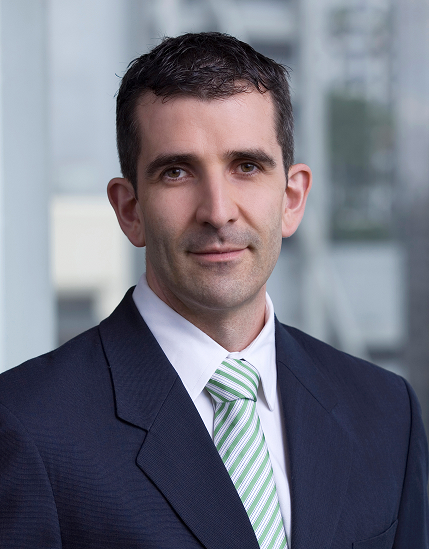Peter Yu
As Vice-President (First Nations) at ANU, Professor Yu leads the First Nations Portfolio, which works with colleagues across the University to ensure the ANU is a world leader in teaching and research of First Nations issues. The Portfolio also seeks to ensure that the University makes a leading contribution to national policy in the relationship between Indigenous Australians and the nation while ensuring relevant research impact in partnership with Indigenous communities.
Professor Yu is a Yawuru man from Broome in the Kimberley region in North West Australia with over 40 years of experience in Indigenous development and advocacy in the Kimberley and at the state, national and international level. Peter was a key negotiator on behalf of the Yawuru Native Title Holders with the Western Australian State Government over the 2010 Yawuru Native Title Agreement. Prior to joining ANU, Professor Yu was the Chief Executive Officer of the Yawuru Corporate Group.
Professor Yu has been an advocate for the social, cultural and economic advancement and well-being of Kimberley and other Aboriginal communities for his entire career. He has been instrumental in the development of many community-based organisations and initiatives which have had an enduring influence on the Kimberley region. He was Executive Director of the Kimberley Land Council during the 1990s and a member of the national leadership team negotiating the Federal Government’s response to the 1992 Mabo High Court judgement on Native Title.
His former roles include Chair for the Indigenous Reference Group to the Northern Ministerial Forum, Deputy Chair of the Indigenous Land Corporation, Chair of the WA Aboriginal Housing Board, a member of the Board of the WA Museum and the National Museum of Australia Board where he played a leading role the 2015-16 British Museum and NMA exhibitions of Australian Indigenous cultural and other objects. Professor Yu also served on the ANU Council from 2016-20.
In addition to his role at ANU, Professor Yu is currently a Director on the Board of Watertrust Australia, a Trustee of the Prince’s Trust Australia, and a member of the Jawun Board, the North Australian Indigenous Land and Sea Management Alliance Ltd (NAILSMA), and Chair of the Rio Tinto Australian Advisory Group.
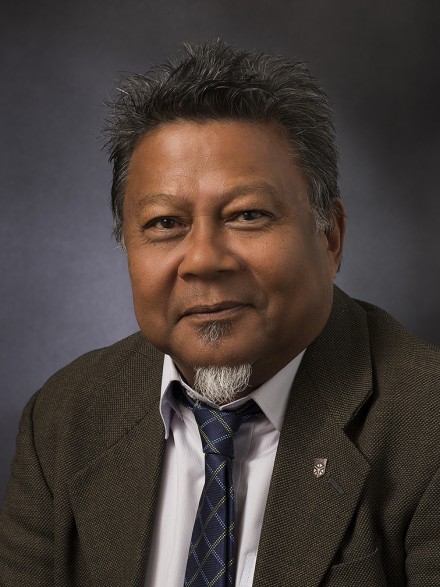
The HON Julie Bishop
The Hon Julie Bishop is the Chancellor of the Australian National University, appointed in 2020.
Ms Bishop served as Australia’s Minister for Foreign Affairs from 2013 until her resignation in 2018. She was the first female to hold the role as well as the first female Deputy Leader of the Liberal Party, serving for 11 years.
As Foreign Minister, Ms Bishop was responsible for strengthening Australia’s key strategic and economic relationships with Ministerial responsibility for more than 5,000 departmental staff, 110 overseas missions, and several government agencies, including the Australian Secret Intelligence Service and the Australian Centre for International Agriculture Research.
In 2014, she led the international response to the downing of Malaysian Airlines flight MH17 over Ukraine and was awarded the Commander of the Order of Merit of the Netherlands Ministry of Foreign Affairs. Under her leadership, the 2017 Foreign Policy White Paper was developed, providing a comprehensive policy framework for the next decade. The New Colombo Plan was established, enabling Australian undergraduates to live, study and work in the Indo-Pacific region. Within five years, more than 40,000 students have participated in the Plan.
In a political career spanning over 20 years, Julie served as Minister for Education, Science and Training and in 2015, launched Australia’s first ever strategy for advancing the interests of the world’s indigenous peoples, known as the Australian Indigenous Peoples Strategy. She also served as Minister for Women’s Issues and Minister for Ageing.
Prior to entering politics, Ms Bishop was Managing Partner of the law firm Clayton Utz in Perth.
In 2017, the University of Adelaide awarded Ms Bishop the Honorary Degree of Doctor of the University for her contribution to Australian parliamentary service, and in 2020 she was also awarded an honorary doctorate from Edith Cowan University.
In 2020 Julie was awarded a Fisher Family Fellowship for the Future of Diplomacy Project at Harvard Kennedy School Belfer Centre for Science and International Affairs. In 2021 Julie was awarded the Kissinger Fellowship at the McCain Institute of International Leadership at Arizona State University.
In 2021, the UK Government appointed Julie to the G7 Gender Equality Advisory Council (GEAC). She is also a member of the Trilateral Commission Capitalism Task Force and the Massachusetts Institute of Technology (MIT) AI Policy Forum Steering Committee.
Julie is Chair of Telethon Kids Institute, Chair of Prince’s Trust Australia, member of the international advisory boards of Afiniti and the Human Vaccines Project, and is a member of the Global Board of Advisors of the Council on Foreign Relations. She is the also the Patron of Shooting Stars (an education programme for young aboriginal girls)
She has also established a boutique advisory firm, Julie Bishop and Partners
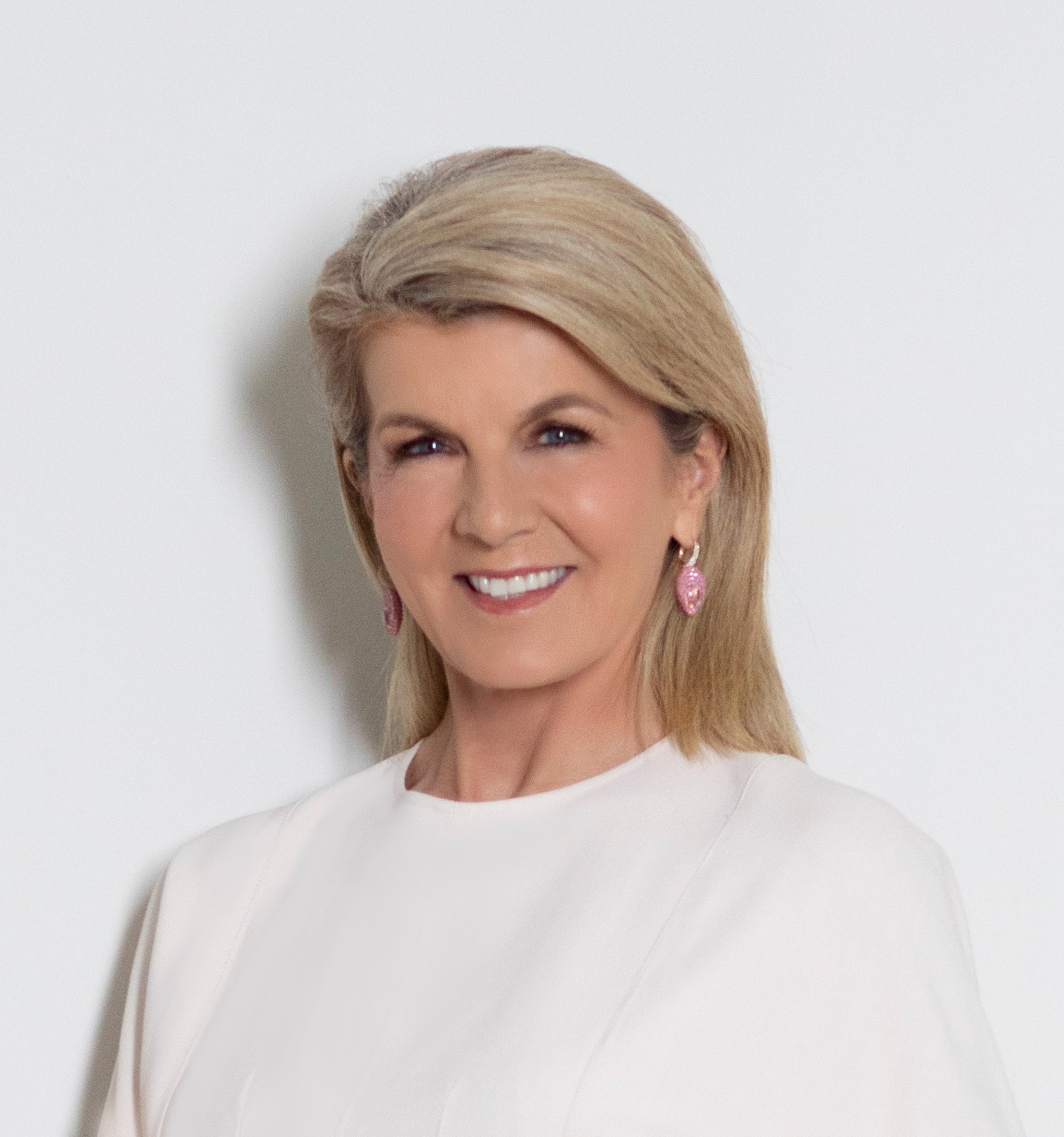
Jody Broun
Jody Broun is an Yindjibarndi woman from the Pilbara in Western Australia, who has maintained strong connections to country, community and culture throughout her life. Jody is passionate about social justice, community led co-design, and making a difference through changing the way the government conducts business with Aboriginal communities and stakeholders.
In February 2022, Jody was appointed Chief Executive Officer of the National Indigenous Australians Agency.
Previously Jody was Chief Executive of the Aboriginal Housing Office (AHO). Following the inclusion of the AHO in the Department of Planning, Industry and Environment (DPIE), Jody then led work across the Department on Aboriginal Strategy, Our Place On Country, as Group Deputy Secretary Aboriginal Strategy and Outcomes.
Over the past 30 years Jody has held various senior positions in the government and not-for-profit sectors including: Executive Director Aboriginal Housing and Infrastructure in WA; Director of Equal Opportunity in Public Employment in WA; Director General Department of Aboriginal Affairs in NSW; and Co-Chair of the National Congress of Australia’s First People and Director of NSW and ACT for Australian Red Cross.
Jody has been responsible for delivering community and state wide policy and programs, developing and contributing to national policy reforms, and negotiating national and state government agreements. She has a breadth of experience across housing, health, education, justice, land and culture.
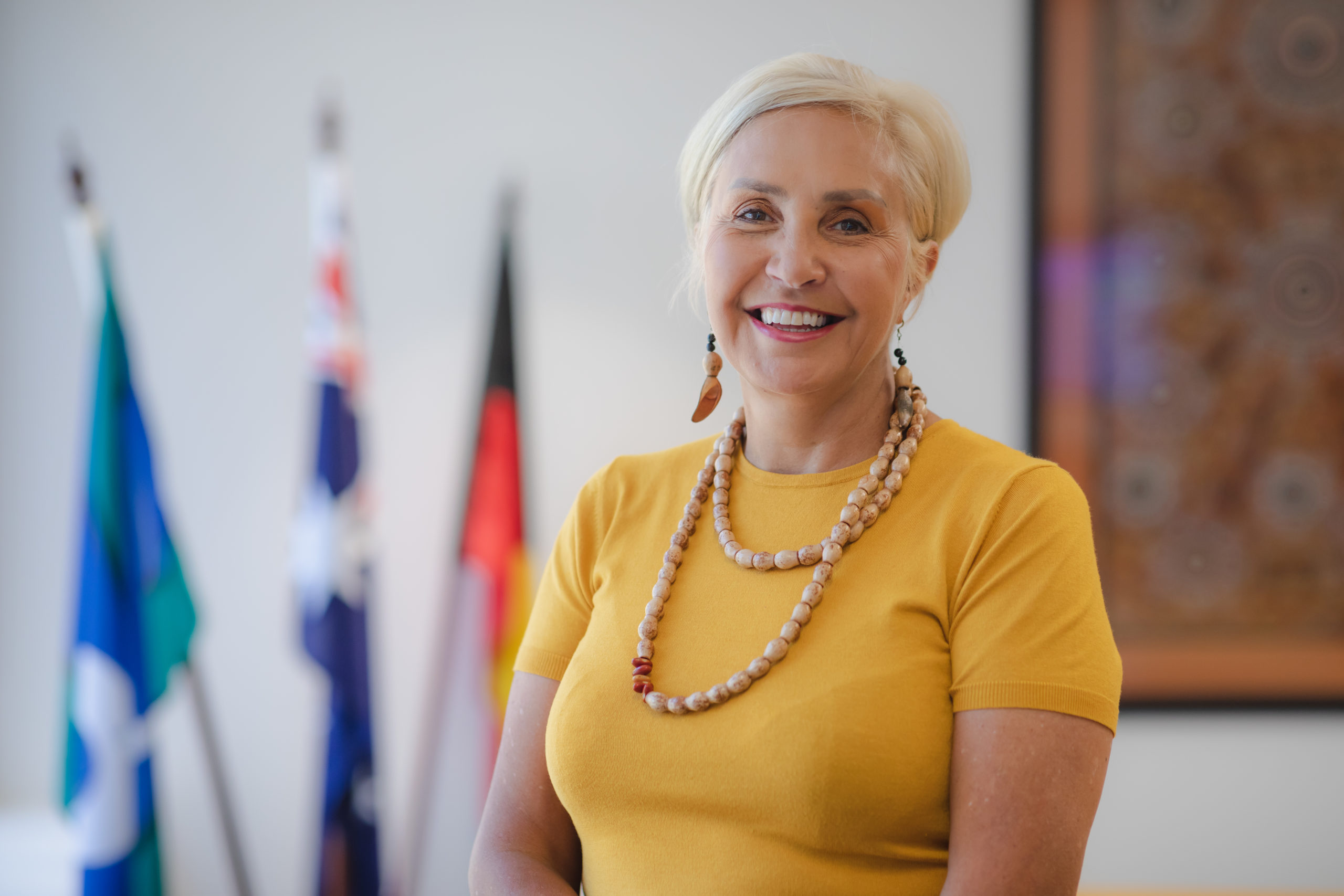
Harold Calla
Harold Calla serves as the Executive Chair of the First Nations Financial Management Board (FMB). As one of three institutions created under the Fiscal Management Act, FMB supports First Nations economic development by increasing access to capital markets and providing capacity development support to First Nations in the areas of financial administration law development, and optional certification of financial performance and governance systems.
A member of the Squamish Nation, Harold returned from many years focused on international business, to serve the Squamish Nation as a negotiator in the areas of economic development, land management and finance, and served eight years on the Squamish Council. He has also acted as an advisor and an arbitrator for First Nations in Western Canada.
He was instrumental in the development of the First Nations Land Management Act, First Nations Fiscal Management Act (FMA), First Nations Commercial and Industrial Development Act (FNCIDA), and the First Nations Oil and Gas and Moneys Management Act. These optional legislative pieces allow First Nations on a sectorial basis the ability to move out from under the Indian Act.
Harold serves as the Executive Chair of the First Nations Financial Management Board, one of three fiscal institutions created under the FMA to support First Nations economic development, by supporting First Nations efforts to access the capital markets and by providing capacity development support to First Nations in the areas of financial administration law development and certification of their financial performance and financial management systems.
Harold is a member of the Board of Directors of Trans Mountain Corporation, as well as a member of the Joint Assembly of First Nations-Indigenous Services Canada Committee on Fiscal Relations. He is a former member of the Board of Fortis BC Inc. where he was the Chair of the Audit Committee. He has also completed terms with the Boards of CMHC, Partnerships BC and the Nicola Valley Institute of Technology.
Harold is a recipient of numerous awards in recognition of excellence in leadership. In particular, the C.G.A. Association of Canada celebrating their 100th year in 2008 recognized Harold as one of 100 CGA’s who, in their view, over the 100 years have made a difference. In August 2012 Harold was also awarded a fellowship by the C.G.A. Association of Canada. Harold is also a member of the Aboriginal Financial Officers Association and has been awarded the designation of Certified Aboriginal Financing Manager (CAFM).
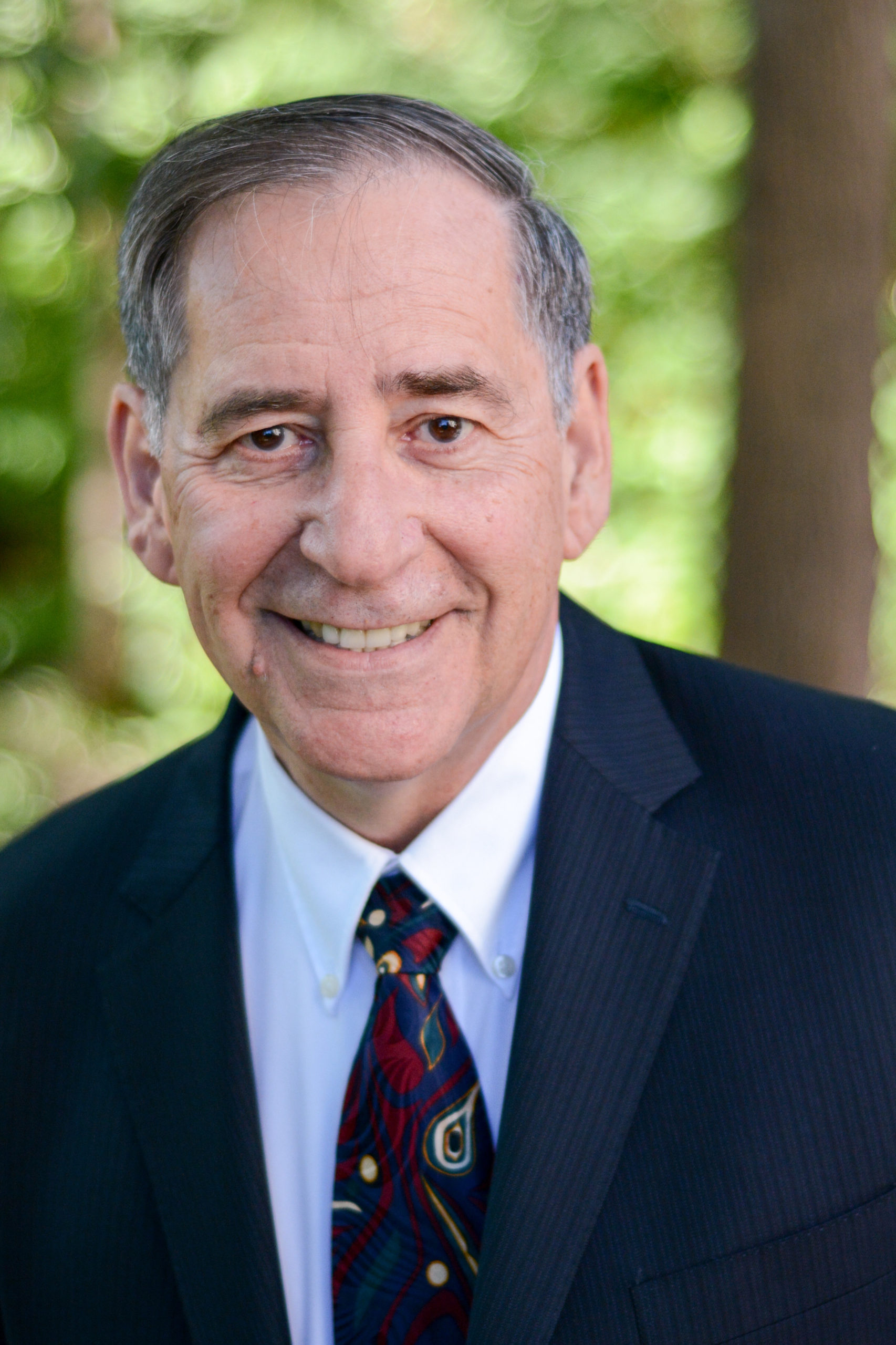
Tā Mark Solomon
Tā Mark Solomon is committed to the betterment of his iwi, kotahitanga for Māori and the wider well-being of people and the environment. He is a strong advocate for the Māori economy and was instrumental in setting up the Iwi Chairs Forum (2005). He was the elected Kaiwhakahaere (Chair) of Te Rūnanga o Ngāi Tahu from 1998 to December 2016 and represented his local Papatipu Rūnanga, Te Rūnanga o Kaikōura from 1995 to December 2016.
Of Ngāi Tahu and Ngāti Kurī descent, Tā Mark’s contribution to his community has been diverse and significant, ranging from roles as a school board trustee, to a past board member of the Museum of New Zealand (Te Papa Tongarewa). Tā Mark attributes his wider whānau (family) for early guidance and it is this experience that has driven his passion for encouraging educational opportunities for young Māori. He is a patron of He Toki Ki Te Rika, a Christchurch-based Māori pre-trade training programme, and the related He Toki Ki Te Mahi, an apprenticeship initiative both born from the Christchurch earthquake rebuild. He believes young Māori should strive for formal training to maximize their talents and to be the best they can be.
In 2013 he was awarded Knight Companion of the New Zealand Order of Merit for services to Māori and Business. In April 2015 he received an Honorary Doctorate from Lincoln University as Doctor of Natural Resources, recognising his enduring interest and concern for our natural environment. Tā Mark was recently appointed to the National Science Challenge Governance Boards for Sustainable Seas and Deep South which relate to both ensuring our marine environment is understood and cared for and understanding the role of the Antarctic in determining our climate and future environment.
Tā Mark’s current directorships include Te Ohu Kaimoana, National Science Challenge Governance Boards for the Deep South and Sustainable Seas, Te Tapuae o Rehua and a trustee of Pure Advantage. He was an original member of the Minister for Māori Affairs Māori Economic Taskforce, established in 2009.
Tā Mark believes a true rangatira is a servant of the people, a fact underpinned by his core philosophy of ‘strength with humility’. Whilst the commercial success of Ngāi Tahu is acknowledged, Tā Mark is especially proud of the tribe’s achievements in education and the development of the Iwi’s savings scheme Whai Rawa. Tā Mark is a committed advocate for the sanctity of whānau and takes a strong stance against whānau violence. He is passionate about his people and is determined to facilitate both iwi and wider Māori success by unlocking the potential of the Māori economy for the good of all.
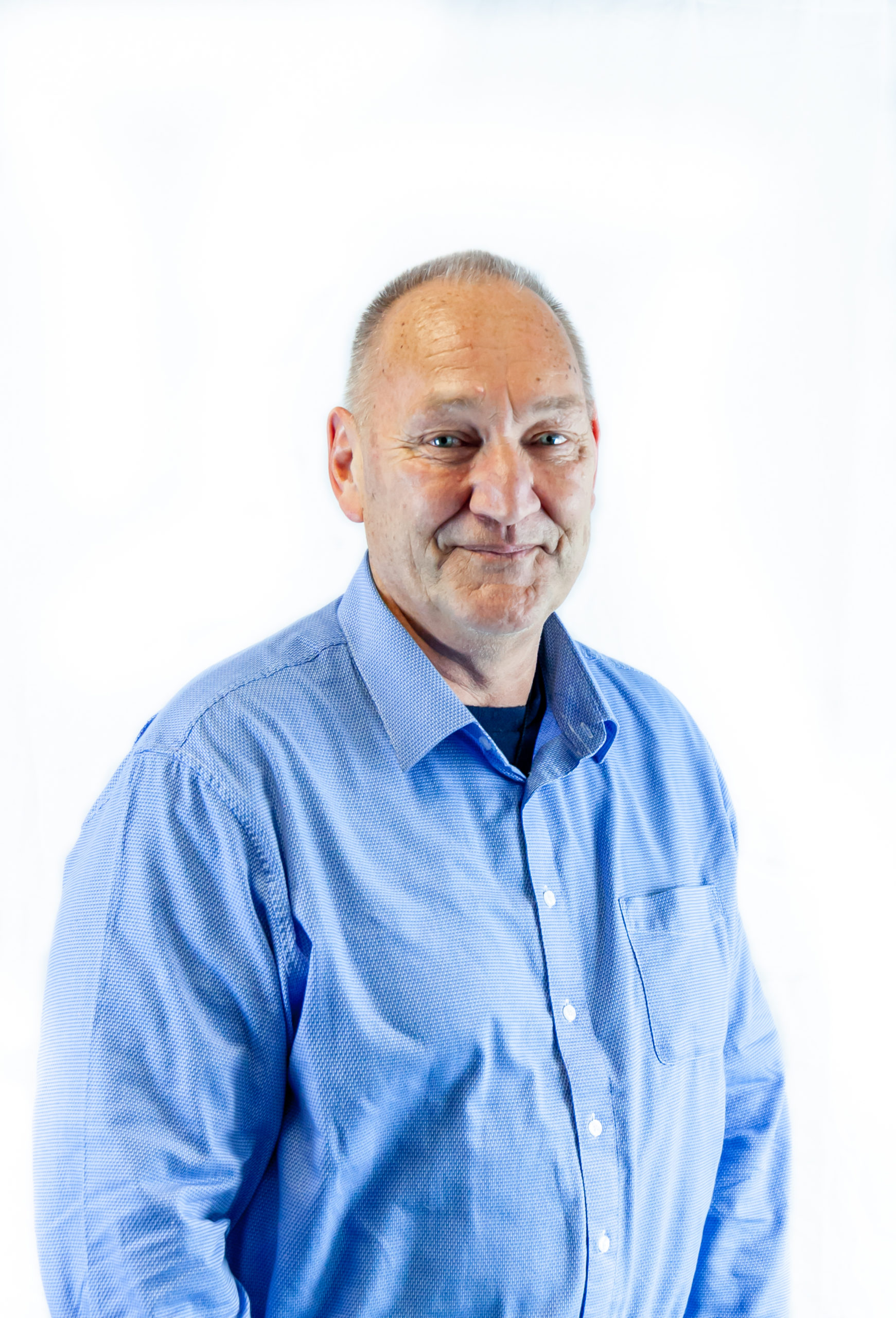
Eric Henson
Eric Henson is a citizen of the Chickasaw Nation and has been a research fellow/affiliate with the Harvard Project on American Indian Economic Development since 1998. He is also an Executive Vice President with the economics consulting firm Compass Lexecon. Mr. Henson has a Master’s Degree in Public Policy from the John F. Kennedy School of Government at Harvard University, an MA in Economics from Southern Methodist University, and a BBA in business economics from the University of Texas at San Antonio. At Harvard, Mr. Henson’s Master’s thesis examined the importance of a uniform commercial code for economic development on the Crow reservation, and he attended Harvard as the Kennedy School’s Christian Johnson Native American Fellow. Mr. Henson is a primary author of The State of the Native Nations: Conditions under US Policies of Self-Determination, which was published by Oxford University Press. Mr. Henson has a special interest in Native American economic development and self-governance.
Mr. Henson is currently teaching two courses at Harvard focusing on tribal affairs: ‘Native Americans in the Twenty-First Century’ and ‘Land Loss, Reclamation, and Stewardship in Contemporary Native America’. His recent consulting work on behalf of Native Americans includes litigation of water rights in the southwest, evaluation of payments due arising from trespassing on Pueblo property, and evaluation of tribal efforts to combat the opioids epidemic on tribal lands. He has provided testimony to the US Congress on multiple occasions on issues relating to tribal governance and economic development.
In addition to his work in support of Indian tribes, Mr. Henson provides economic and financial analysis in the areas of energy valuation, antitrust claims, and market structures. Recent projects have involved valuation of natural gas prices, analysis of derivatives trading in the oil and gas sector, and the assessment of damages arising from expropriation of gaming assets in Asia. Prior to joining Compass Lexecon, Mr. Henson was an industry analyst at Fidelity Investments in Boston, where he assisted in the development of quantitative models to forecast outperformance of S&P 500 industry groups. He also programmed econometric software and macros to process performance reports. From 1995 to 1996, Mr. Henson was the manager of the United States Economic Database at Haver Analytics in New York City.
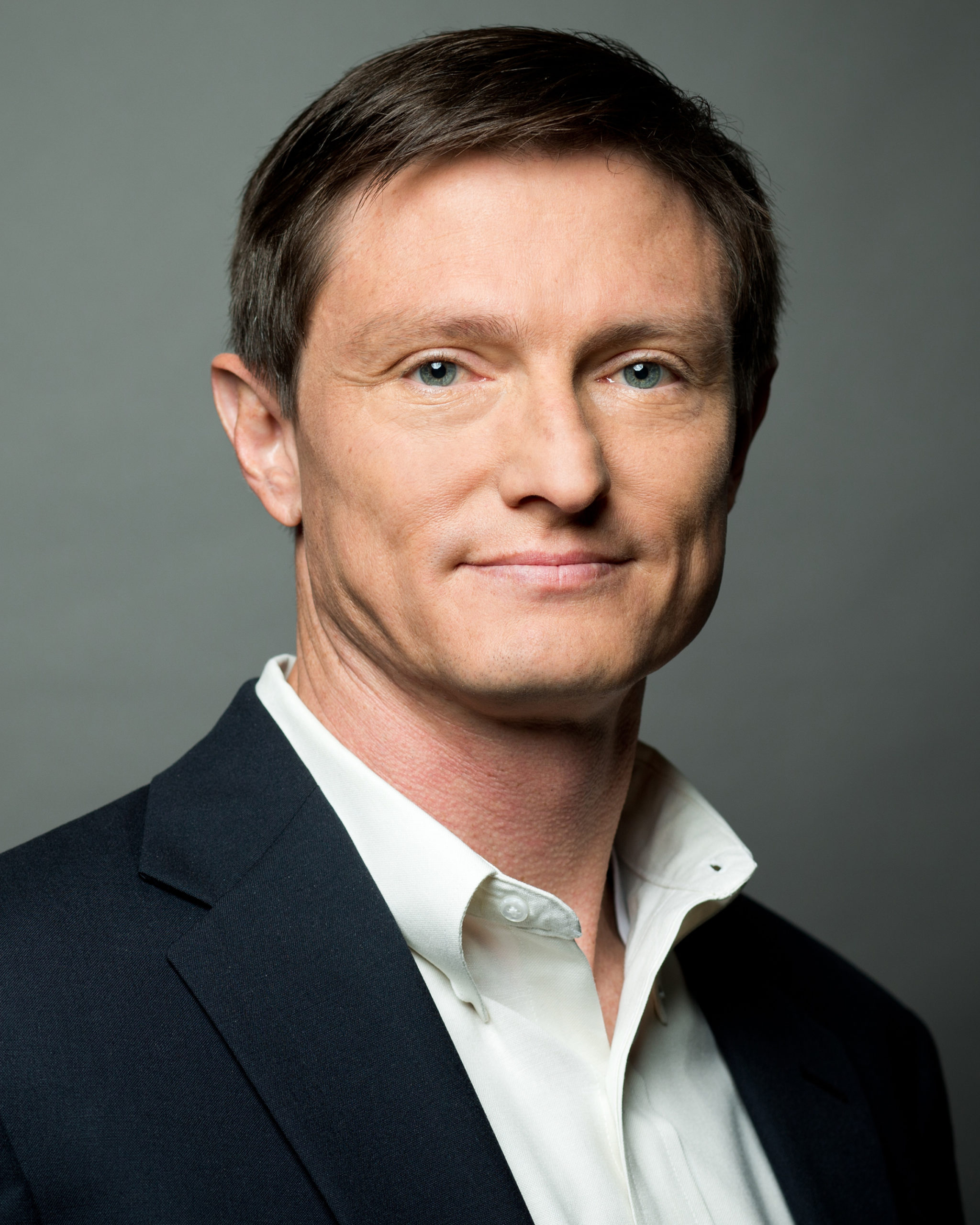
Darren Godwell
Darren Godwell is one of Australia’s most well credentialed Indigenous executives with several Board appointments and executive responsibility for his own company i2i Global. i2i Global is an Indigenous advisory firm providing support to Clients on matters of economics, enterprise and business development, business strategy and investment, trade and Indigenous interests in exports.
In 2022, Minister Ken Wyatt appointed Darren Co-Chair of his National Indigenous Reference Group. He is also a co-founder of Indigenous led, industry association the Australian Indigenous Network for Investment, Trade and Export (IGNITE). Darren has completed executive education at INSEAD Business School (France) and MIT’s Sloan Management School and is a proud descendent of the Kokoberren peoples of Queensland.

Oral McGuire
Oral McGuire is a Nyungar entrepreneur, business owner and landholder.
He is a prominent Nyungar community leader and long-term champion of Aboriginal economic empowerment and capacity building with specific experience in cultural interpretation and cultural governance. He has vast knowledge and experience in public sector and private enterprise and has a proven capability in bridging the cultural, social and political divides between the Aboriginal and non-Aboriginal communities.
Oral’s current leadership roles include;
• Managing Director/Principal Consultant – Gundi Consulting Pty Ltd
• Executive Chairman – Gundi Contracting Pty Ltd
• Director – Noongar Chamber of Commerce & Industry
• Director – Noongar Landholder Enterprise Incorporated
• Chair – Yaraguia Enterprises Incorporated
• Executive Chair – Djarlma Enterprises Pty Ltd
• Board Member (Deputy Chair)– Wheatbelt Development Commission
• Board Member – WA Regional Development Trust
• Member – AICD
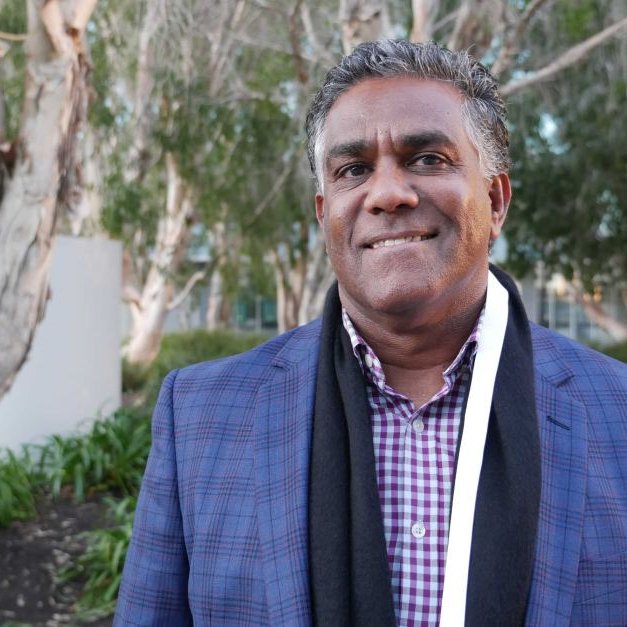
Miri Raven
Dr Miri (Margaret) Raven (a Yamatji-Noongar and non-Indigenous woman from Western Australia) is a Senior Scientia Lecture (Research Only), UNSW Australia with the Social Policy Research Centre (SPRC); and the Environment and Society Group in the Faculty of Arts, Design and Architecture (ADA). She previously worked as a Macquarie University Fellowship for Indigenous Researchers at Macquarie University, and a Research Fellow at the Social Policy Research Centre (SPRC), University of New South Wales, Australia.
Dr Raven is a geographer and has worked for outside of academia in the Australian Human Rights Commission, a Native Title Representative Body, and the WA Department of Aboriginal Affairs. Her research interests include Indigenous food stories and security; Indigenous protocols; the spatial analysis of policies; and the role of Indigenous knowledge(s) in biodiversity conservation.
Dr Raven’s PhD, Gatekeepers, guardians and gatecrashers: the enactment of protocols to protect Indigenous knowledge, and how protocols order these practices, explored the enactment of protocols in an Australian Cooperative Research Centre (CRC). Her current research explores protocol in the context of Indigenous food security at the household level, and the implementation of biodiversity conservation. She is undertaking some of this research as a co-Chief Investigator, along with Prof Daniel Robinson (UNSW Australia), on the ARC Discovery Project (DP180100507) Indigenous knowledge futures: protecting and promoting Indigenous knowledge.
Dr Raven is also Co-Chief Investigator of an APRISE (Australian Partnership for Preparedness Research on Infectious Disease Emergencies) First Nations-led research on COVID-19 on Aboriginal Community Controlled Health Services and Aboriginal and Torres Strait Islander People’s Responses to the COVID-19 Pandemic. This research includes a component related to Indigenous food security.
Dr Raven is also a Chief Investigator on an National Health and Medical Research Council (NHMRC) Medical Research Future Fund (MRFF) grant 2009522 Understanding how cultural resilience impacts Aboriginal health & quality of life.
Dr Raven is a member of the Australian Research Council College of Experts.
Dr Raven has engaged in international negotiations through the World Intellectual Property Organisation (WIPO), and the UN Convention on Biodiversity Conservation. She was a 2003/2004 PhD Fellow with the United Nations University Institute of Advanced Studies (UNU-IAS), Yokohama, Japan, and a 2009 Indigenous Fellow with the UN Office of the High Commissioner for Human Rights, Geneva, Switzerland.
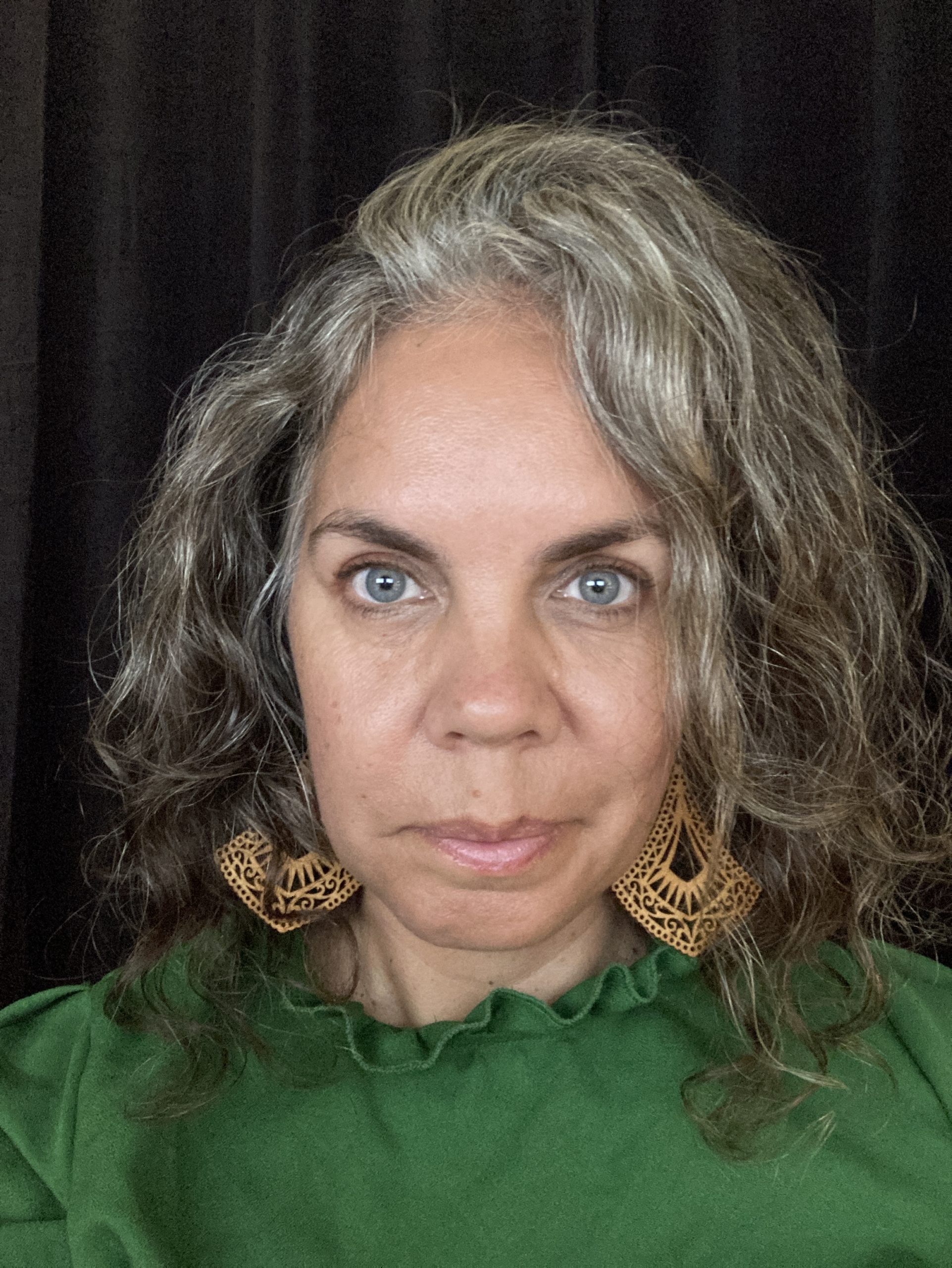
Leah Armstrong
Leah Armstrong is a Torres Strait Islander woman with over 25 years’ business and not-for-profit experience working collaboratively with governments, community and the private sector. Leah is the Managing Director of First Australians Capital, an unique independent Indigenous-led and managed impact investment fund which will grow a stable pipeline of Indigenous businesses.
Leah was the founding Executive Director of Yarnteen, one of Australia’s most successful urban Indigenous businesses, and has played a pivotal role in national Indigenous affairs as CEO of Reconciliation Australia; Director of Indigenous Business Australia; Chairperson of Supply Nation; Director of Indigenous Engagement and Advancement at the University of Newcastle; and a member the Business Council of Australia’s Indigenous Taskforce.
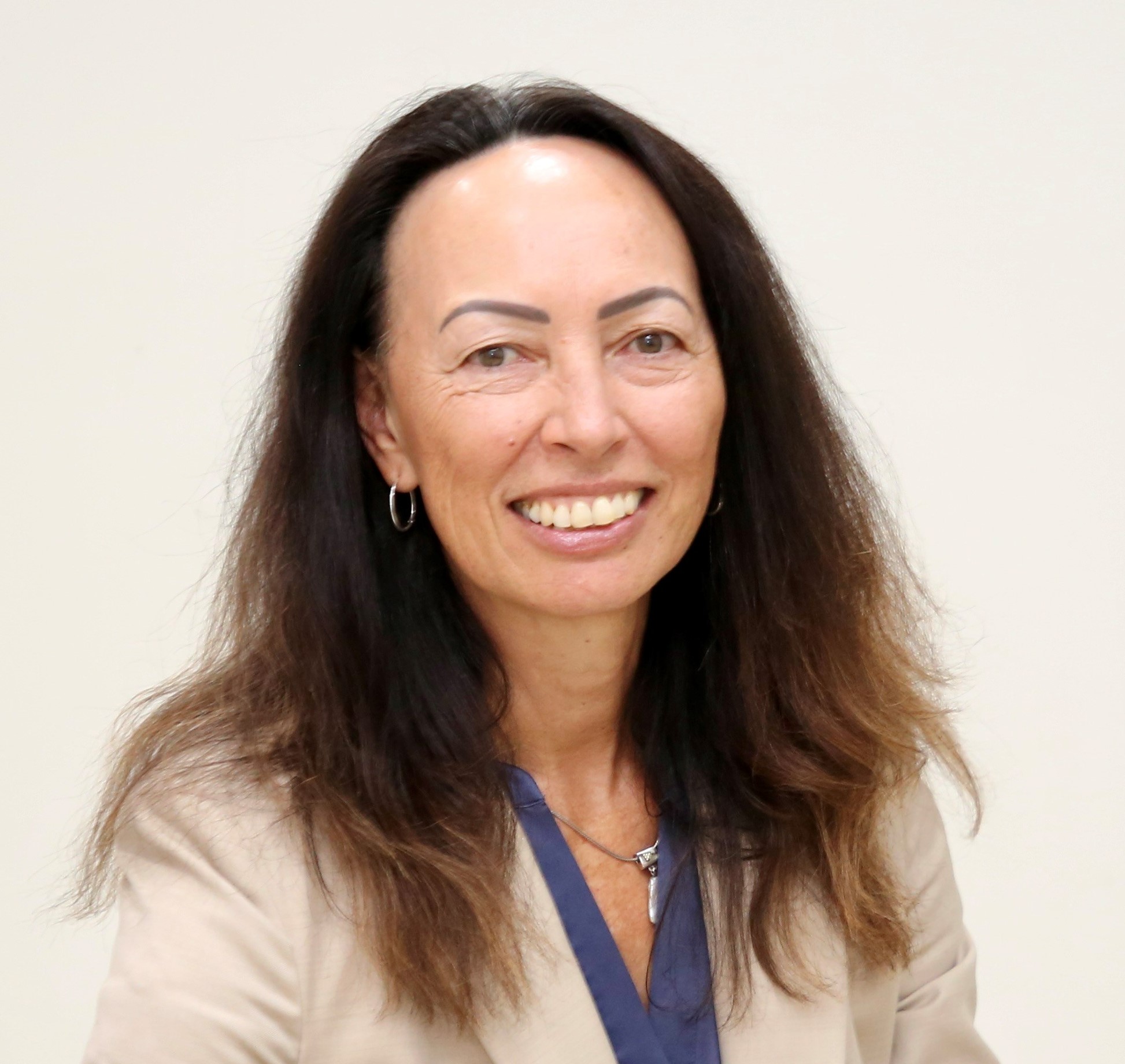
Charles Prouse
Charles is a Nyikina man from the Kimberley, Western Australia, and has lived in Perth, Melbourne and Sydney. He has over 25 years of experience in Indigenous affairs across Australia, working with First Australians in key arenas requiring advancement from First Australians. His work spans fields of Geographic data capture, Caring For Country, Federal Education and Employment Programs, leading an Indigenous Non-Profit and supporting the growth of the Indigenous business sector. Charles was CEO of Supply Nation, and helped the Federal Government develop and introduce its inaugural Indigenous Procurement Policy. He moved into the corporate sector, designing and implementing Lendlease’s Indigenous procurement program, Gymea. He now has his own business, with his cousin and business partner, who is a civil engineer. Their business, NyikBar, assists governments and corporate organisations to create greater procurement and employment opportunities for First Nations businesses and to create and implement the systemic and behavioural changes required to move forward as part of the
reconciliation process.
Charles holds a Master of Public Administration from the Harvard Kennedy School, Harvard University, and a Bachelor of Science, Geographic Information Systems (GIS) from the University of Western Australia (UWA). He has been the Chair of the Australian Indigenous Leadership Centre. He is currently a board member of the Aurora Education Foundation and The
Benevolent Society.
Charles is a committee member for Nykina Inc and a member Walalakoo Aboriginal Corporation, the PBC for Nyikina Mangala people.
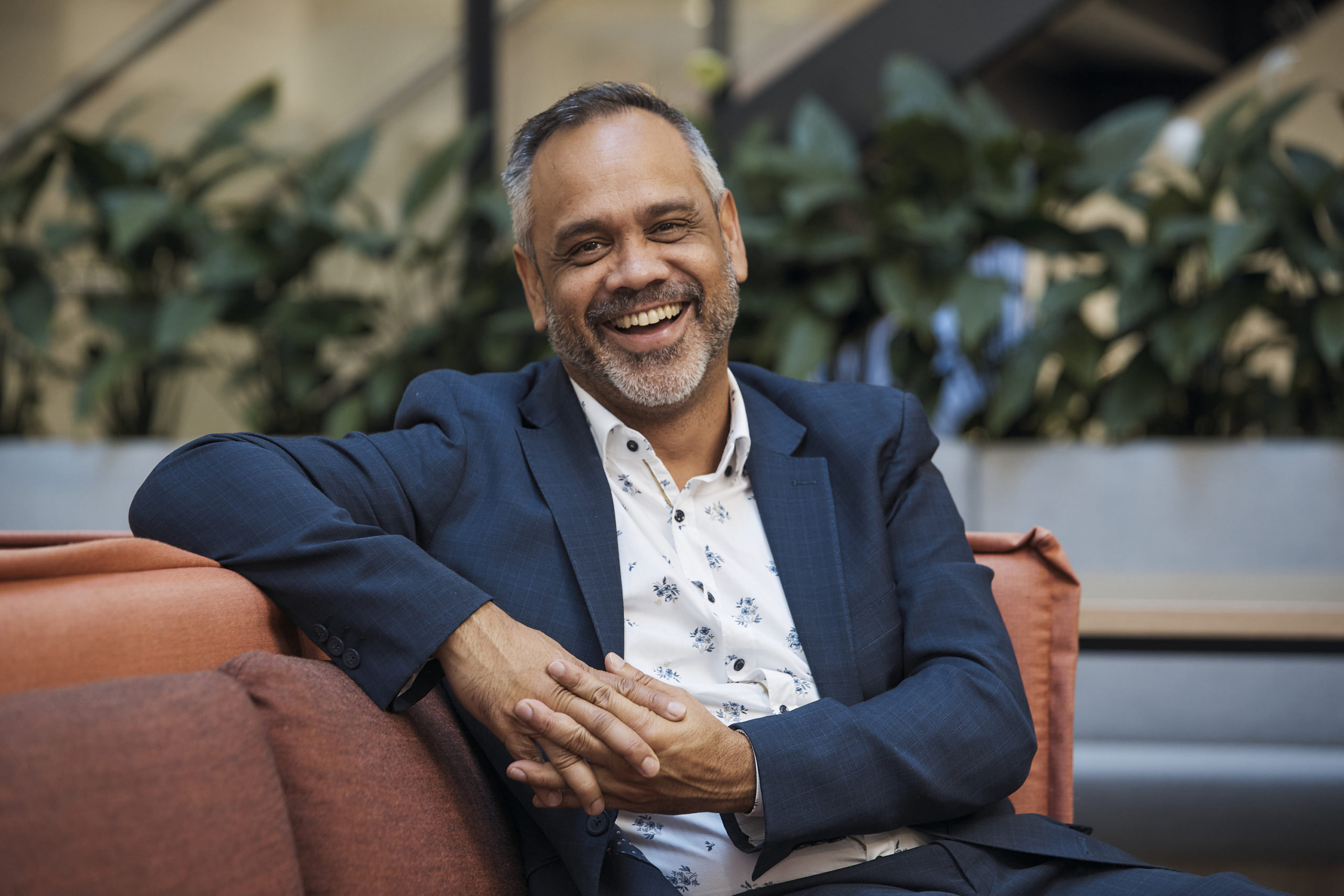
Peter Renehan
Peter Renehan is a local Arrernte person from Mparntwe (Alice Springs). Having grown up in Alice Springs and starting employment early in life gave Peter the experience and understanding that through employment and training opportunities, Indigenous people can make a difference not only for themselves, but for those people around them. Many years of school holidays were spent either out around Jay Creek, west of Alice Springs with families, or working on pastoral properties.
Peter’s travel around Central Australia for family commitments and employment widened his experience, knowledge and opportunities before settling in Alice Springs with his partner and young family. Having worked for several years maintaining and replacing water infrastructure in remote Aboriginal communities and outstations in the southern half of the NT gave Peter the opportunity to understand complex service delivery arrangements required and issues affecting Aboriginal communities and the people living and working on their traditional lands.
Peter commenced employment with the Centre for Appropriate Technology Ltd (CfAT) in 2004 as a Project Officer within the organisation and similar NFP Boards and Commercial companies such as Yeperenye Pty Ltd . Elected to the CfAT Board in 2008, Chairperson in 2010 and then became CEO in 2020.
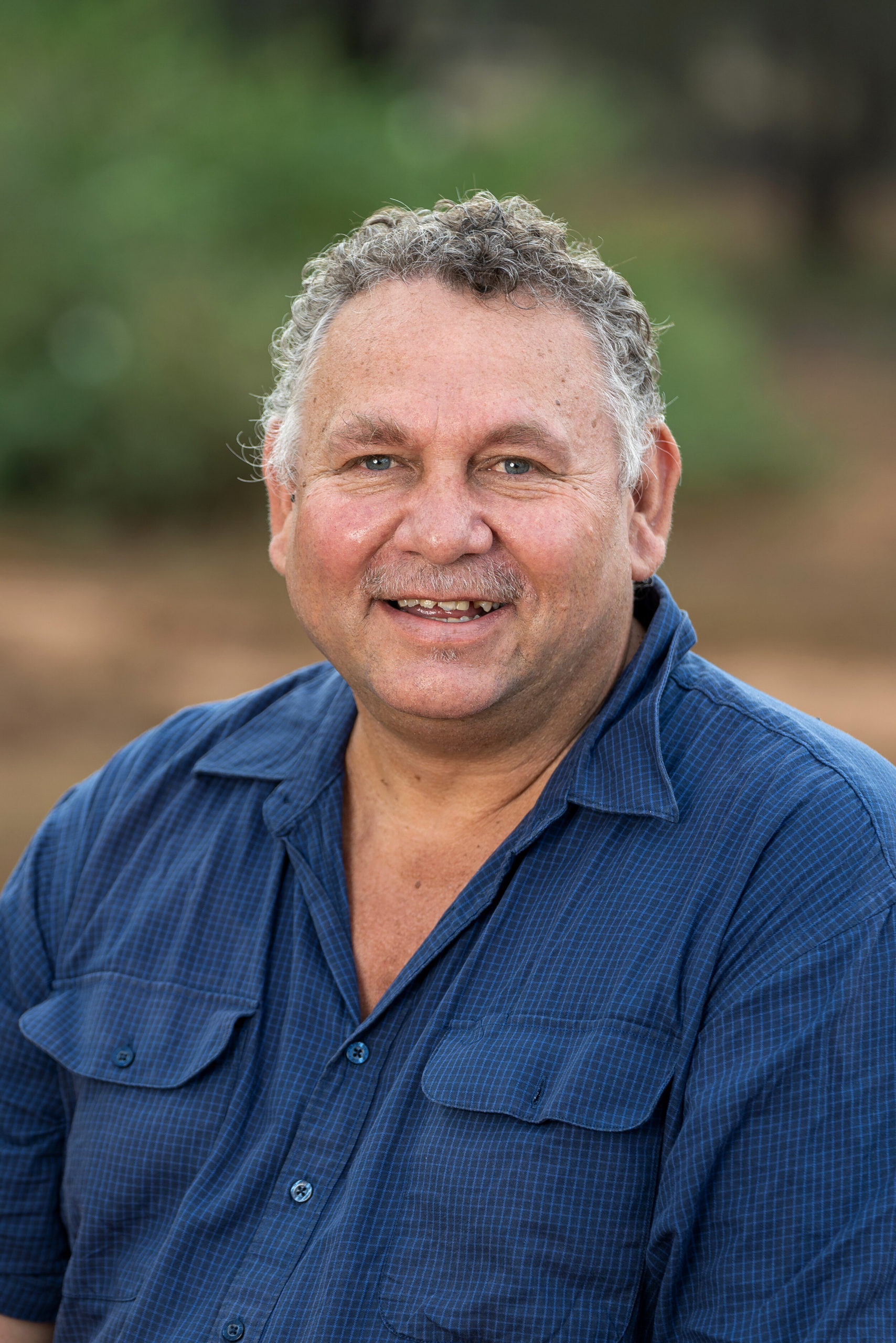
Colin Saltmere
Colin (“Beo”) Saltmere – Managing Director (Myuma Pty Ltd, Dugalunji Aboriginal Corporation, Rainbow Gateway Ltd, Indjalandji-Dhidhanu RNTBC, Bulugudu Ltd).
Colin was born in Mount Isa and raised on his mother’s and father’s traditional countries around Camooweal. He worked as a stockman on country before being elected as an ATSIC Regional Council Chairperson in 1994.
Colin has served as Managing Director of each of the Myuma Group corporations continuously since their inception in 1998 to present, overseeing the development of all facets of the Group’s operations.
An active member of many regional advisory bodies, Colin is also an Adjunct Associate Professor with the School of Architecture, University of Queensland, and a member of Queensland Aboriginal and Torres Strait Islander Business and Innovation Reference Group, the Queensland Aboriginal and Torres Strait Islander Education and Training Advisory Committee. Colin was appointed as Chair of the Federal Government’s Northern Australia Indigenous Reference Group in December 2021. He was also made a Member of the Order of Australia in 2021 for his work with Indigenous communities.

Ben Wyatt
Ben is a Noongar/Yamatji man and was a member of the Western Australian Parliament for 16 years and is the former Western Australian Treasurer, Minister for Finance, Energy, Lands and Aboriginal Affairs.

Jonathan Kearns
Jonathan Kearns is the Head of Financial Stability at the Reserve Bank of Australia. Jonathan received his PhD in Economics from Massachusetts Institute of Technology and Bachelor of Economics (Hons Economics/Econometrics) from the Australian National University.
